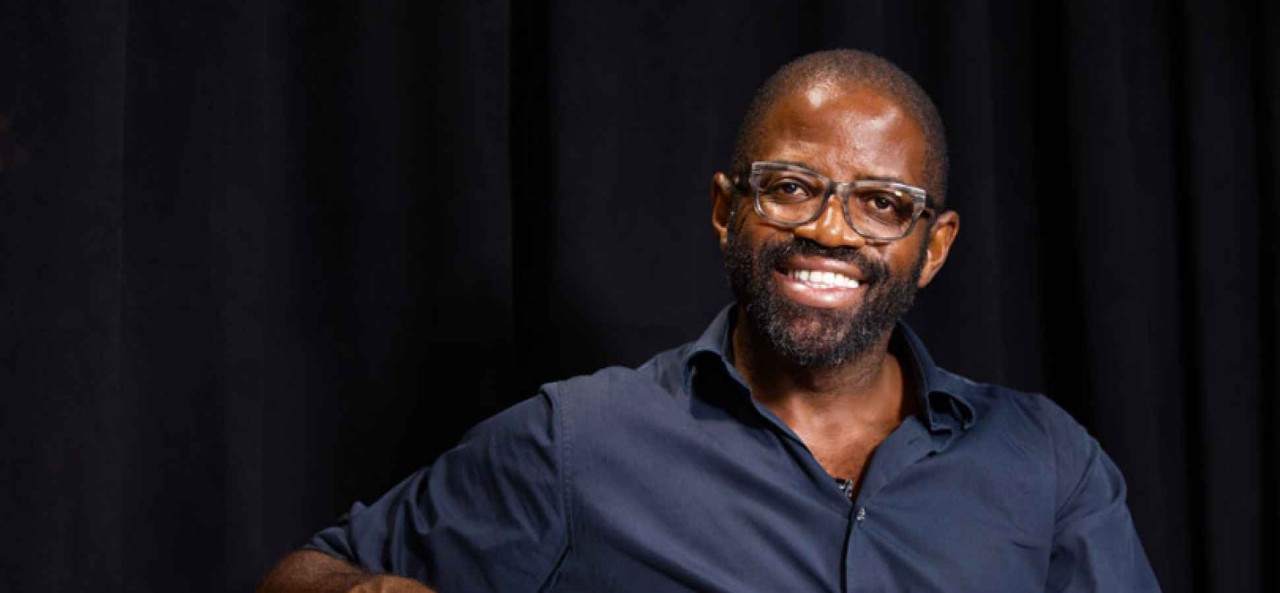He was just a boy from the village of Mbano in Imo State, Nigeria. Years later, Chinedu Echeruo would find himself among billionaires in New York City, a name destined to echo in the annals of tech history. “My journey started with a simple frustration,” Echeruo recalls. “I used to get lost all the time in New York. The city’s transit system was confusing, and no app seemed to solve the problem for me.”
That personal challenge sparked an idea that would eventually lead to the creation of HopStop, one of the fastest-growing software companies of the early 2010s. “I wanted a navigation system that gave you door-to-door directions, whether you were walking, biking, or using transit, that was reliable and simple,” he says. In 2013, Apple recognized HopStop’s potential and paid $1 billion to acquire the company, integrating it into Apple Maps and strengthening its competitive edge against Google.
YOU CAN ALSO READ: Obi Asika on Elevating Nigerian Culture Through Music, TV, and Innovation
Born in 1973 in eastern Nigeria, Echeruo’s academic journey began at King’s College, Lagos. “My education in Nigeria laid the foundation for everything that followed,” he says. After secondary school, he moved to the United States, earning a bachelor’s degree in finance and accounting with honors from Syracuse University in 1995.
Before stepping into the tech world, Echeruo built a solid career in finance. “Working at J.P. Morgan, I gained critical experience in mergers and acquisitions and corporate finance. That sharpened my understanding of negotiation, valuation, and deal-making,” he explains. He later earned an MBA from Harvard Business School and joined A.M. Investment Partners, a $500 million hedge fund.
Despite his finance background, Echeruo’s navigation struggles in New York pushed him toward technology. “I started mapping the New York subway system on spreadsheets to better understand it. Then I taught myself to code,” he shares. Attending Columbia Business School in the early 2000s, he balanced learning tech skills with his business studies.
Funding the project from his investment bonus, Echeruo partnered with a software developer in Russia and launched HopStop.com in 2005. “Our focus was on making transit easy for everyone, with accurate travel times and accessibility info,” he says. The app offered something unique for its time, including calorie tracking and carbon emissions saved by route choice.
HopStop’s innovation earned a U.S. patent and caught major industry attention. “Being named one of Time magazine’s coolest websites of 2006 was a huge validation,” Echeruo notes. By 2011, HopStop served over 300 cities, expanding to 600 shortly after, with millions of users worldwide.
As HopStop grew, Echeruo made a strategic decision to bring in operational leadership. “I knew it was time for experienced executives to scale the company, so I handed over CEO duties but stayed on as chairman,” he explains. Under new leadership, HopStop expanded partnerships with companies like Yelp and Limos.com, outpacing competitors in location accuracy.
Apple’s decision to re-enter mapping led to their acquisition of HopStop in 2013. “That $1 billion deal was both a major milestone and an exit point for me,” Echeruo recalls. Post-acquisition, HopStop was integrated into Apple Maps and phased out as a standalone app by 2015.
The sale of HopStop was not the end of Echeruo’s entrepreneurial journey. “I’m passionate about using technology to create social impact, especially empowering economically distressed communities,” he says.
He founded the Beloved Ecosystem, a platform that builds AI-powered startups aimed at co-creating inclusive wealth. “Our first startup, Talented, uses AI to match youth with apprenticeships and tailor training in real time. We’re targeting 5,000 local jobs and $5 billion in community wealth within the next decade,” he reveals.
Echeruo also established Constant Capital, a Pan-African investment banking firm, where he advises companies on mergers, acquisitions, and capital raising. “Helping Sky Bank raise $100 million was a highlight. It showed how finance can unlock real economic potential,” he reflects.
YOU CAN ALSO READ: Starbucks Appoints Dambisa Moyo, Marissa Mayer to Board Positions
His commitment to innovation and impact earned him recognition as one of Forbes’ 10 Most Powerful People in Africa in 2014.
From humble beginnings in Mbano to influencing global tech and finance, Chinedu Echeruo embodies the power of ideas and determination. “Ideas are the true source of human capital and potential,” he says firmly. “Entrepreneurs must nurture their ideas, execute relentlessly, and always seek opportunities to create value and drive change.”
As he builds new ventures and mentors startups, Echeruo’s story remains a compelling blueprint for aspiring innovators worldwide. “The journey isn’t easy, but the impact makes it worth every challenge,” he concludes.










